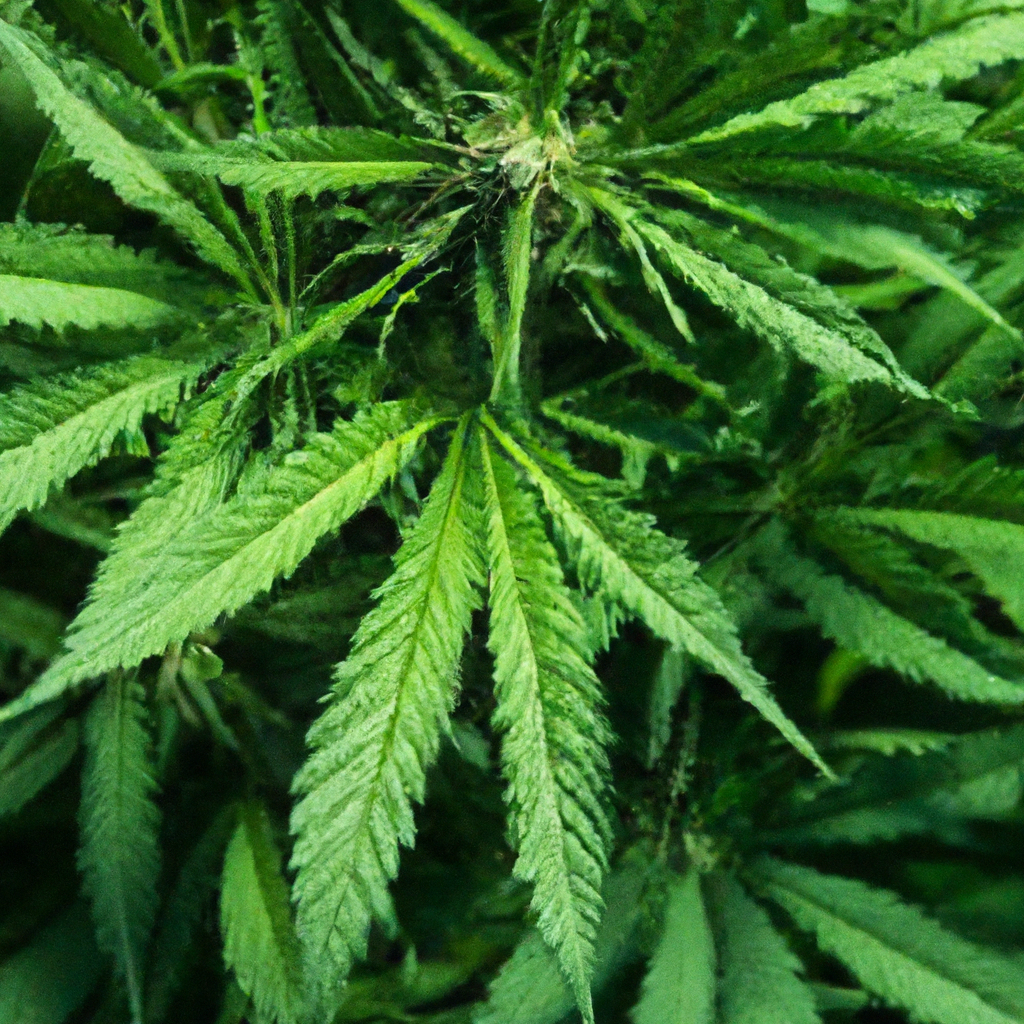Your cart is currently empty!
As the world grapples with the pressing need for sustainable solutions to environmental challenges, the
cannabis industry emerges as an ally in promoting eco-friendly practices. Beyond its therapeutic and
recreational uses, cannabis holds significant potential in contributing to a sustainable future. This article
explores how cannabis integrates into sustainable practices and its impact on the environment and society.
Cannabis as a Sustainable Crop
Cannabis cultivation, when managed with sustainability in mind, offers notable benefits. The plant exhibits
rapid growth and requires fewer resources compared to traditional crops.
- Low Water Usage: Cannabis requires less water than many staple crops, making it a more
sustainable choice in regions facing water scarcity. - Soil Health Improvement: Through techniques like crop rotation and cover cropping,
cannabis can contribute to enhancing soil fertility and reducing erosion. - Carbon Sequestration: Cannabis plants absorb CO2 from the atmosphere, contributing to
carbon sequestration and helping to mitigate climate change.
Reduced Agriculture Footprint
Cannabis can also contribute to reducing the agricultural footprint by promoting alternative agricultural
practices:
- Organic Growing: By employing organic cultivation methods, cannabis growers can
minimize the use of chemical pesticides and fertilizers, promoting ecological balance. - Smart Agriculture: Integration of technology such as hydroponics and AI-driven systems
can optimize water and nutrient usage, minimizing waste.
Bioproducts and Innovations
The versatility of cannabis extends beyond its use as a consumable product:
- Hemp Bioplastics: Hemp, a cultivar of cannabis, is used to produce biodegradable
plastics, offering an eco-friendly alternative to petroleum-based products. - Construction Materials: Hempcrete, a building material, provides a sustainable option
for construction with its insulation properties and low environmental impact. - Bioenergy: Biomass from hemp can be converted into renewable energy, such as biofuels,
helping reduce reliance on fossil fuels.
Social and Economic Impact
Aside from environmental benefits, sustainable cannabis practices can lead to positive societal impacts:
- Job Creation: The cannabis industry is a burgeoning sector that can create jobs and
economic opportunities in sustainable agriculture. - Community Engagement: Initiatives like cannabis cooperatives can empower local
communities to engage in eco-friendly cultivation practices.
Conclusion
Cannabis serves as a multifaceted ally in advancing sustainable practices. From reducing water usage and
enhancing soil health to fostering bio-innovations, the industry’s potential extends far beyond its
recreational use. As more regions move toward legalization, prioritizing sustainability in cannabis
cultivation and usage can lead to significant environmental, economic, and social benefits.


Leave a Reply